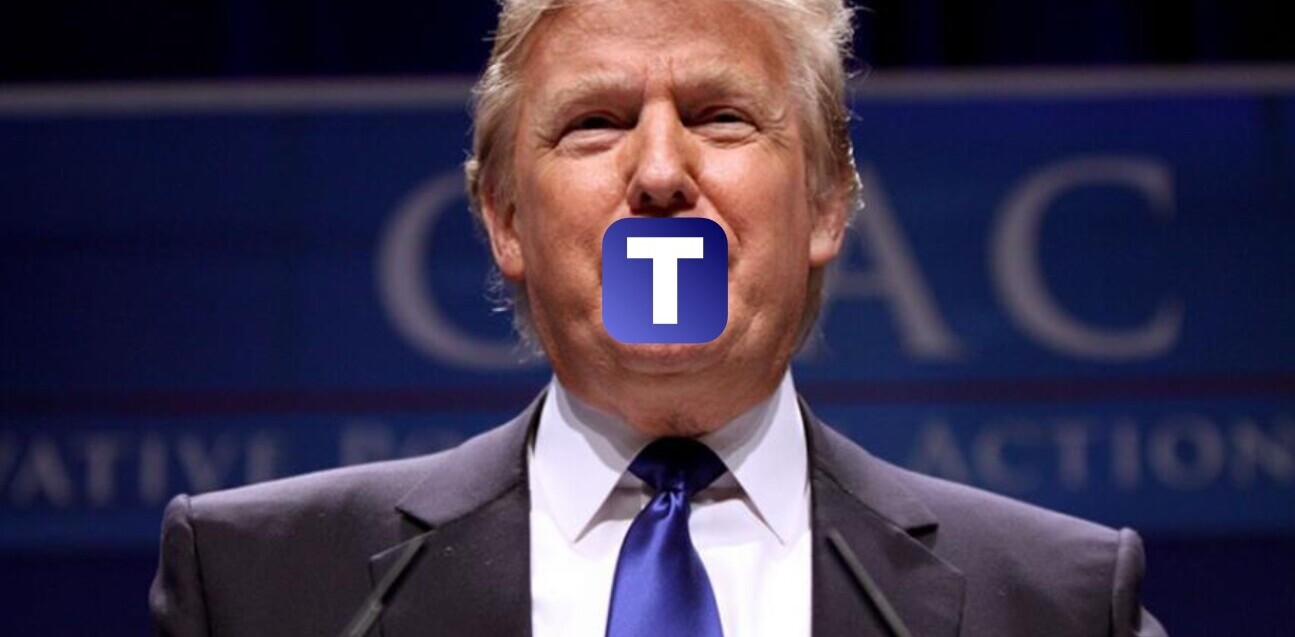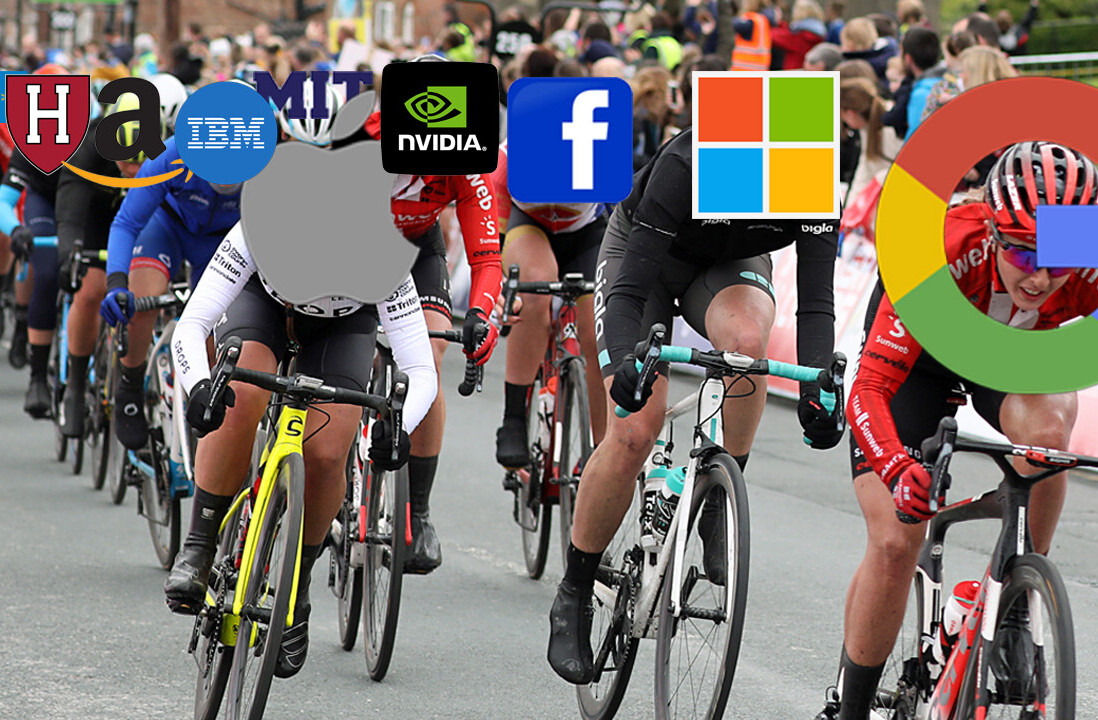
 Late last year, the RIAA won a case against Jamie Thomas-Rasset; she downloaded 24 songs, and the courts found that she had to pay $1.92 million in damages, around $80,000 per song.
Late last year, the RIAA won a case against Jamie Thomas-Rasset; she downloaded 24 songs, and the courts found that she had to pay $1.92 million in damages, around $80,000 per song.
Today a district court judge ruled that the initial damages ruling was just far too egregious to justify:
The need for deterrence cannot justify a $2 million verdict for stealing and illegally distributing 24 songs for the sole purpose of obtaining free music.
Instead, Judge Michael Davis lowered the damages to $54,000, which is about $2,250 per song. While this is an improvement, it would still result in Ms. Thomas-Rasset paying 2250 times as much as it would cost to just buy the songs online.
Under US copyright law (USC 17), damages can reach a maximum of $150,000 per act of infringement. Given that it costs about a buck to download a song legally, it’s easy to see why many have argued that the penalties are too high.
Judge Davis’ ruling sets a new cap on music piracy fees, assuming it gets treated as legal precedent. After all, Ms. Thomas-Rasset was found guilty of willful infringement, which is the highest form of offence under the law. And while $2250 per song still doesn’t quite seem reasonable, it’s a far more reasonable bound than $150,000 ever was.
Judge Davis has given the RIAA seven days to either accept the new damages or arrange for a retrial.
Get the TNW newsletter
Get the most important tech news in your inbox each week.




